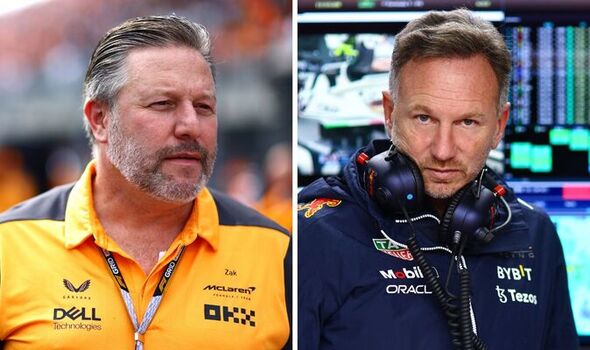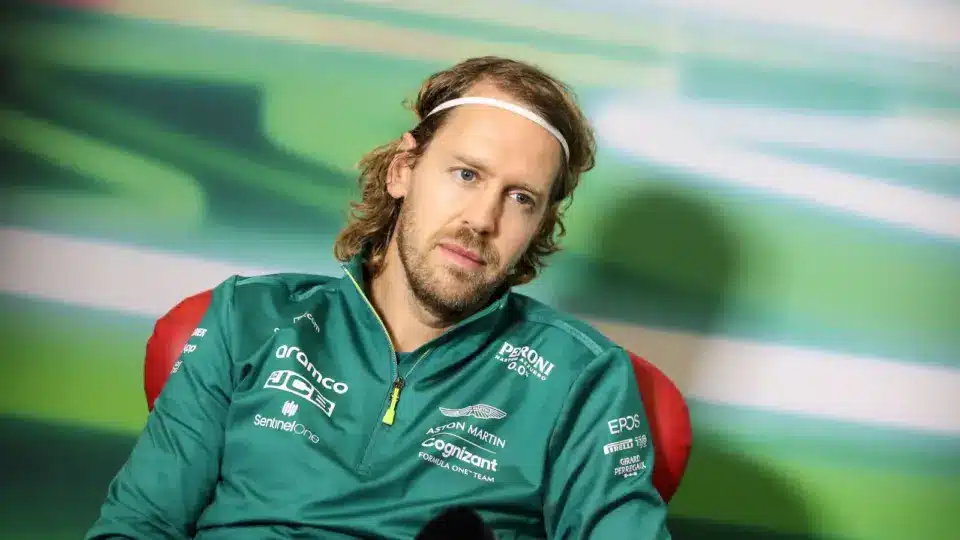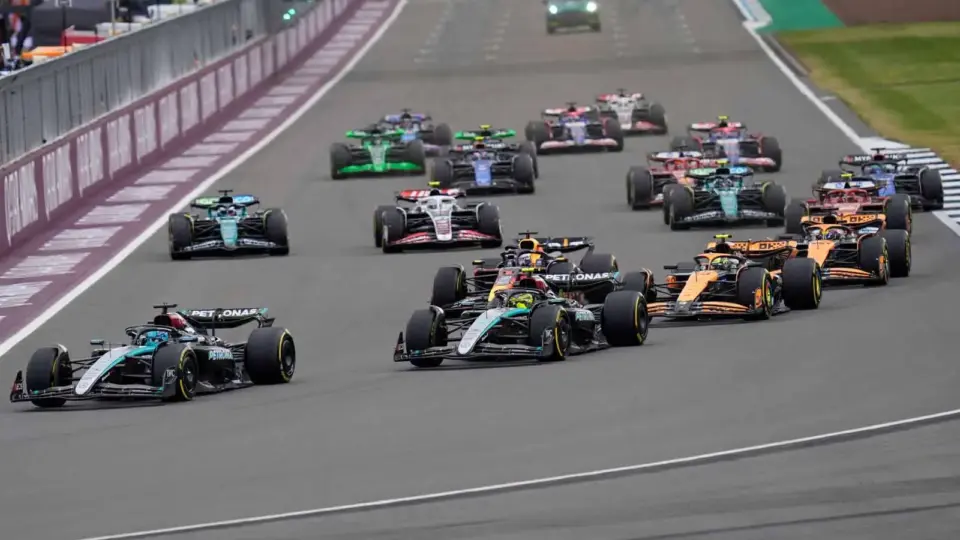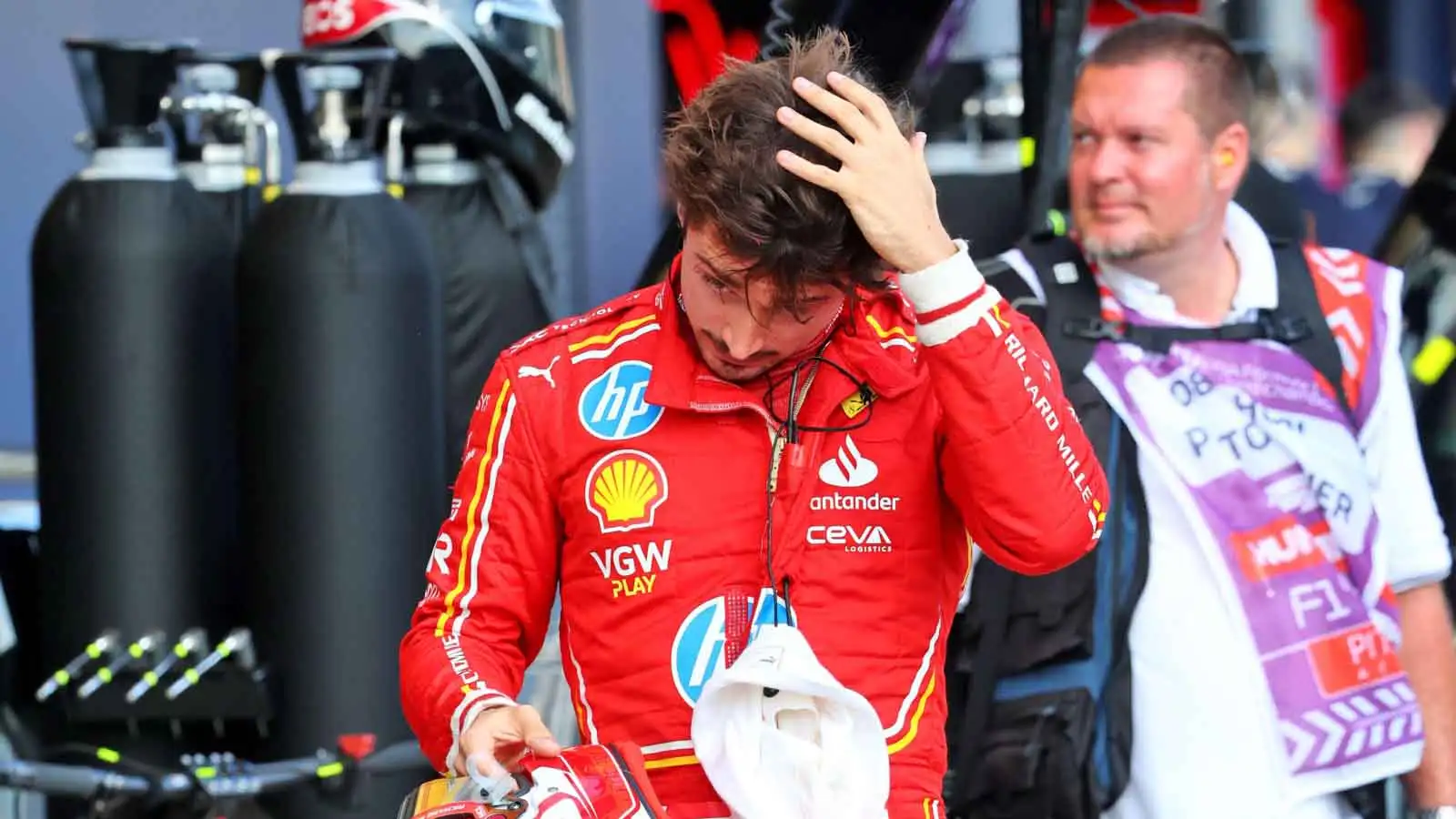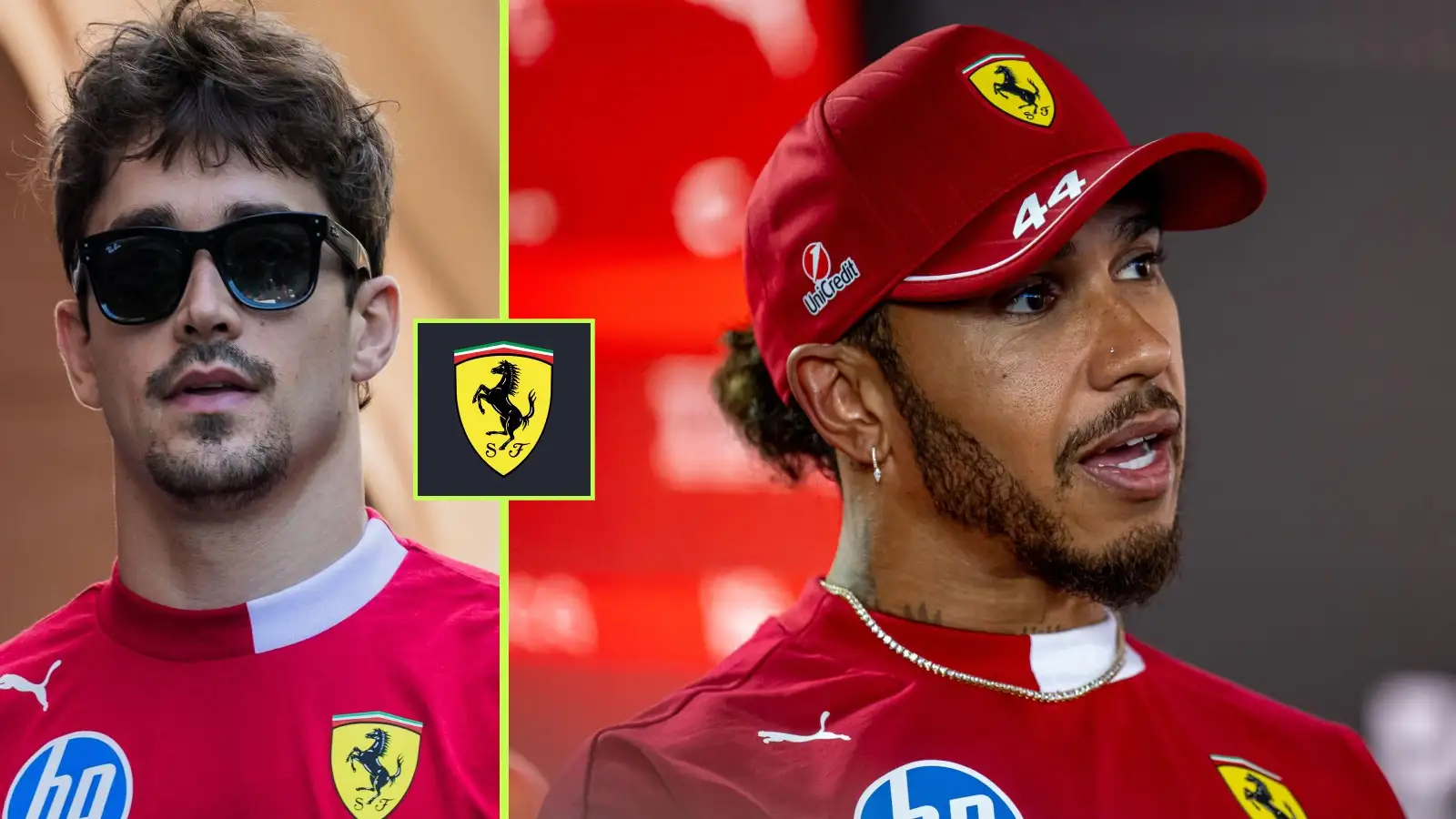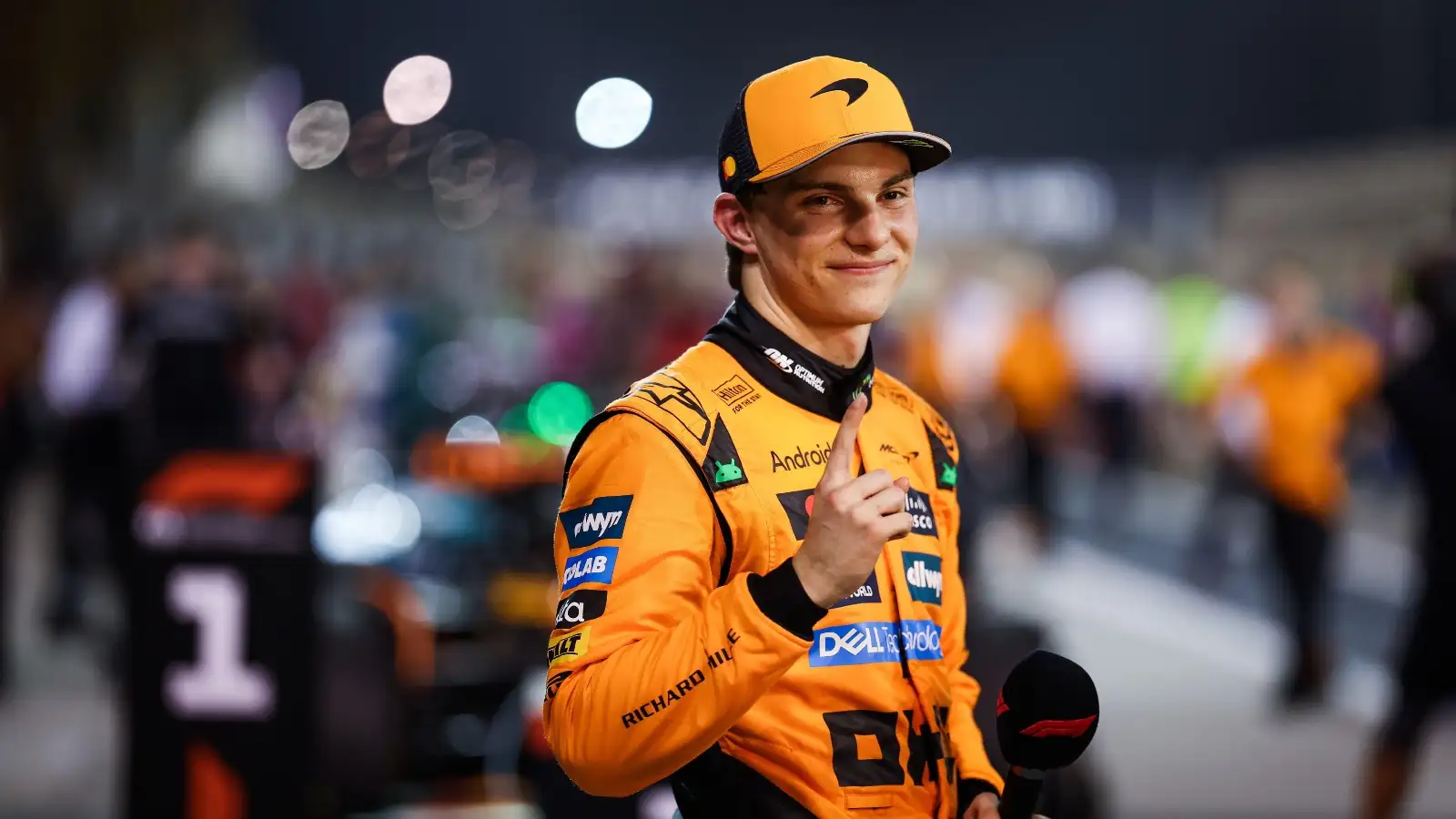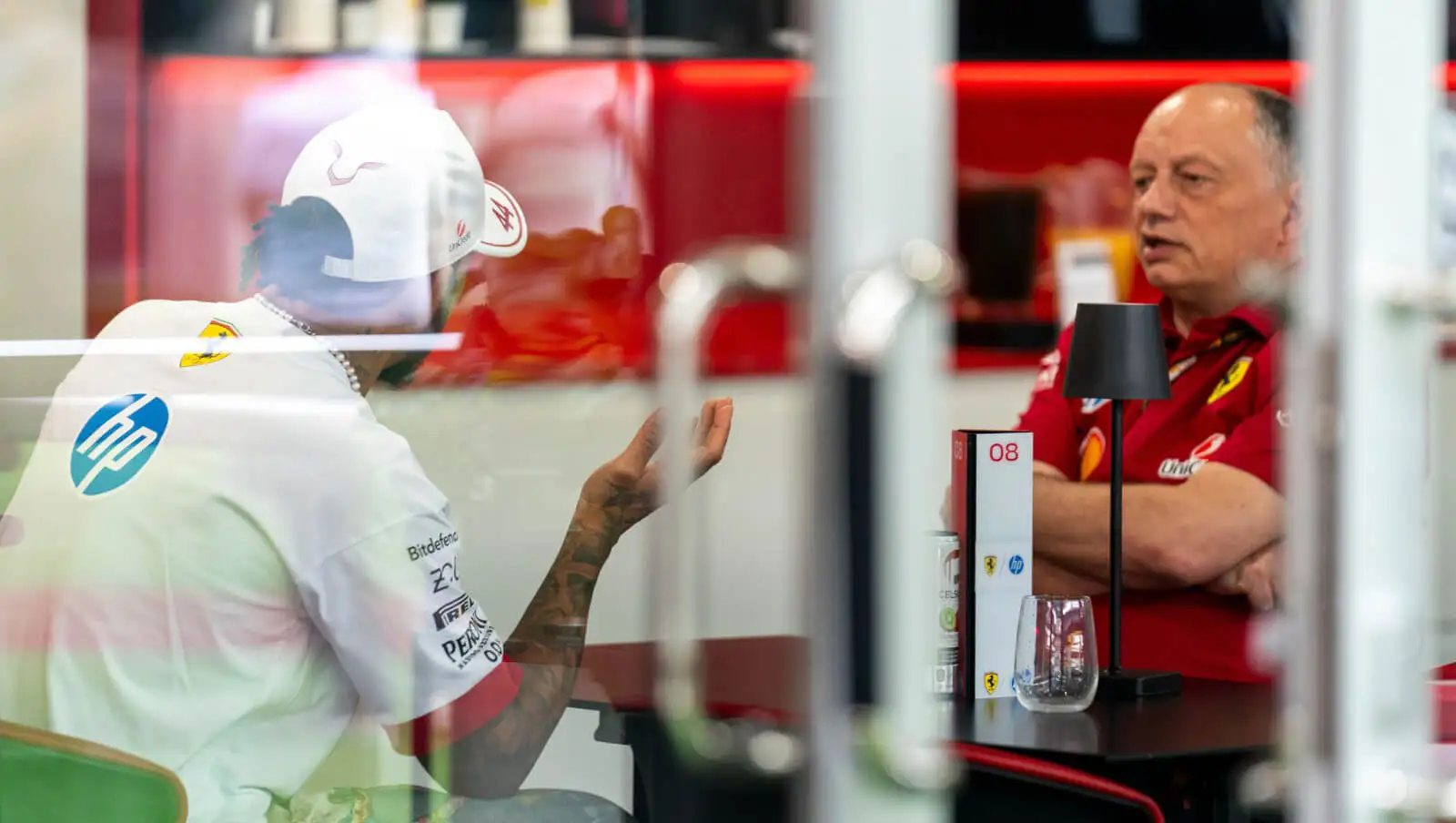The current Red Bull Racing F1 team finds its roots back in Stewart Grand Prix, which was formed in 1997. Just two years later, Jackie Stewart sold his team to Ford Motor Company, which rebranded it as Jaguar. Despite Ford’s efforts, the team faced regular corporate interference, frustrating the senior figures at Jaguar Racing. The team was eventually put up for sale for just US$1, provided that any buyer would invest $400 million over the next three F1 seasons.
Christian Horner was brought in as the youngest ever F1 boss, with a marketing plan to make F1 ‘fun again.’ Red Bull also launched ‘The Red Bulletin,’ a sports and adventure magazine distributed at race weekends. The team became known for its ‘bad boy’ image, with garage parties after races and a favorite track, ‘Who Let the Dogs Out,’ often playing.
Horner himself embodied this ‘bad boy’ persona, notably jumping into a swimming pool in a Superman cape to celebrate the team’s first podium at the 2006 Monaco Grand Prix. During the years of dominance with Renault (2010-2013), the team’s culture continued to develop. Sebastian Vettel, on his way to his fourth drivers’ title, began to get booed regularly as he stood atop the podium, giving his one-finger victory salute. After the 2013 Singapore Grand Prix, Vettel responded to boos by saying, ‘Whilst there’s a lot of people hanging their balls in the pool on Fridays, we’re still working very hard and pushing very hard so that we have a strong race.’
Fellow countryman Nico Rosberg was unimpressed by Vettel’s comments and remarked, ‘Sebastian brings the boos on himself. He talks about my balls that I hang in the pool and then the boos come. His comments are aloof and were almost his undoing qualifying. I almost stole pole from him, and if I had, I would have laughed. Sebastian should think less about my balls and more about himself.’
In 2014, Red Bull and Renault’s dominance ended, making way for Mercedes. A rivalry between Christian Horner and Mercedes’ team boss Toto Wolff emerged. Wolff, not so subtly, advised Horner to ‘stop moaning and get your fucking head down, work hard, and try to sort it out.’ Despite this, the rivalry persisted, culminating in a heated exchange captured by Netflix cameras during a team principals meeting. Wolff accused Horner of playing a dangerous game, to which Horner retorted, ‘Are we playing to the cameras here? I think this is probably better off-camera.’
In recent years, McLaren’s CEO Zak Brown has also emerged as a rival to Horner. During the cost cap row, Brown implied that Red Bull were ‘cheats,’ which Horner didn’t appreciate. As McLaren’s points lead over Red Bull closed, Brown continued to bait Horner, criticizing him for not challenging his driver’s ‘dangerous’ driving. Brown stated, ‘When I see things not consistent with our values, I’m going to speak up about it because it’s important people understand where we’re coming from.’
Ironically, McLaren was previously fined $100 million for cheating in the 2007 ‘spygate’ affair. The rivalry between Wolff and Horner, though intense, seemed juvenile compared to Brown’s brash American style, which has brought a new level of confrontation to the sport. Meanwhile, Daniel Ricciardo faces uncertainty about his future with Red Bull. Despite rumors of his potential exit, Ricciardo has remained resilient, stating, ‘Nothing can really hurt me anymore.’
As Red Bull Racing continues to dominate F1, the team’s history of drama, rivalry, and colorful personalities keeps the narrative engaging. Whether it’s the back-and-forth with Mercedes’ Toto Wolff or the emerging rivalry with McLaren’s Zak Brown, Christian Horner and his team remain a focal point of intrigue in the world of Formula One.
